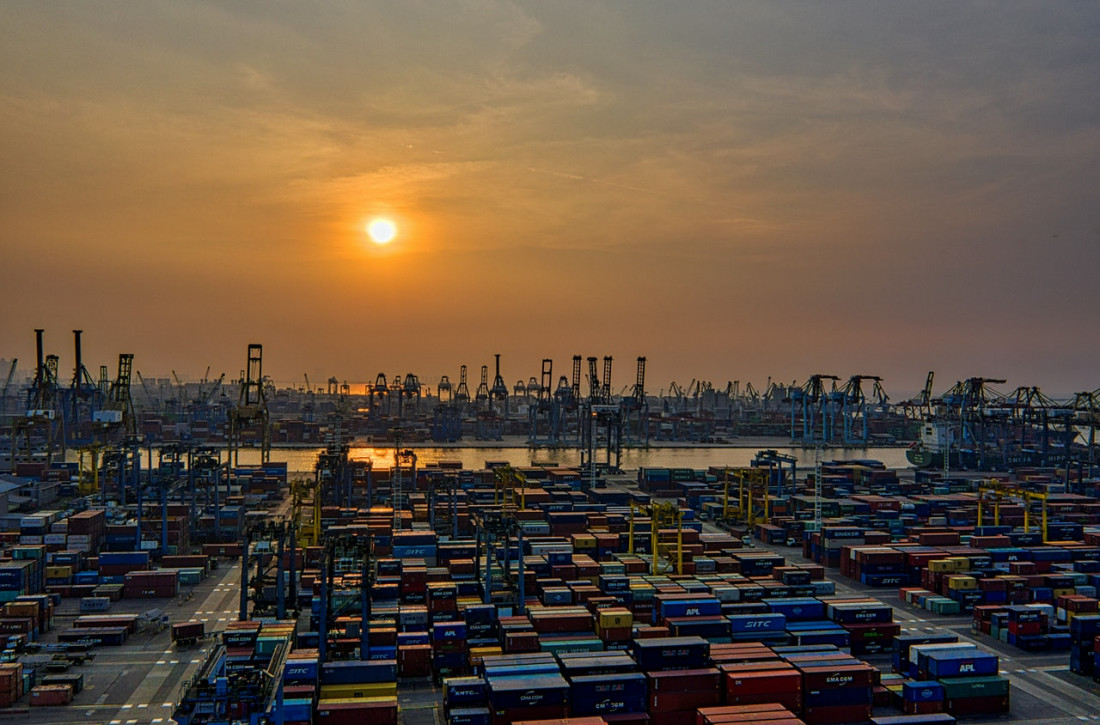India is often described as a land of contrasts; from incredible wealth to abject poverty. From barren deserts to lush rain forests and high mountains to sunken marshland. Such a contrast may also be said of its chemicals industry; once heavily dependent on commodity chemicals, it is now turning into a land of profit, and a gold rush towards specialty chemicals has begun.
This situation has arisen from its long, and also contrasting, history. India has been a land of Hindu kings, Muslim emperors, the British Raj and finally independence in 1947. Following separation from Pakistan, the country has had successive governments with a socialist outlook on economics. This led to years of protectionism that ‘walled in‘ its industries. They were protected from foreign explotation, but also largely restricted from foreign markets, investment and business practices.
When the country experienced a balance of payments crisis in 1991 the nation was forced to re-examine its economic policy. The decision in the mid-nineties to open markets up and accept a more liberal economic model has changed everything.
It has encouraged the phenominal growth that makes India the 7th largest economy in the world, and the third largest by purchasing power parity. During the last twenty years it has experienced average annual GDP growth of 5.8% and is now primed to be a major global power, economically, militarily and politically.
The Indian chemicals industry will play a large part in this transformation.
In some sectors of the chemicals market, the country is strong. For example, the Indian pharmaceutical market is already a major global player, expected to be worth $48 billion by 2020. India is also one of the largest producers of castor oil in the world, and one of the top 12 biotech destinations in the world with 2013 revenues of almost $4 billion.
Indian specialty chemicals however, at present make up only 3% of the global market, and for the most part, Indian chemical manufacturers do not have a strong presence on the world stage. Interestingly, Indian chemical firms are often smaller than in other countries. As Manish Panchal, who works as Practice Head – Chemicals, Energy & Supply Chain Management of the Indian industrial giant Tata states, “Indian [specialty chemical] companies are small in scale compared to global standards and operate in niche spaces. Most companies are family-run and their execution team has been built over many years.”
Many economists view the small size of Indian chemical operations and their family based nature as a disadvantage. They believe that smaller firms often lack access to the lines of credit or investment capital needed to perform research, buy new plant or attempt growth in new markets. There is also the fear that family based operations can be more risk averse and conservative in their strategies.
Panchal also makes other claims about the current state of the industry, saying, “The Indian chemicals industry is highly fragmented, with few large integrated companies. There are some 500 speciality chemicals companies in India with revenues of $20-200 million. [Many firms have] a strong domestic presence and an in-depth understanding of customer needs. Over time many companies have fine-tuned their products, thereby making them unique in terms of value proposition for Indian and neighbouring markets. Others companies have unique positioning, and a leadership position in their product segments (despite their small size) resulting in export revenues that are higher than domestic revenues.”
This mixed bag of specialised producers, mostly small in size, yet sometimes offering market dominance holds great promise for the future. The Indian economy is seemingly on the verge of tremendous growth, allowing for numerous opportunities for investment and trade.
But there are both positives and negatives in the Indian specialty chemicals market. Size, logistics, materials, ownership and competition all play a part in influencing how the industry will react to these challenges. But with the right product a savvy businessman should be able to make a success in trading chemicals.
However, the question still remains; how will the Indian specialty chemicals market react to the pressures of the modern global chemicals industry?

